ChatGPT Best Practices
On this page
ChatGPT, a powerful language model developed by OpenAI, has definitely revolutionized how we create content and interact with AI systems.
Hoo Boy has it!
However, with this powerful tool comes a big responsibility to protect our data and our economy all while retaining our personal skills in writing, creativity, and critical thinking.
-1.gif?width=960&height=540&name=ChatGPT%20Best%20Practices%20(1)-1.gif)
And that means we have to be careful about what we copy/paste into the tool - and remember that our skills for thinking, writing, and making strong decisions can atrophy if we depend on it too heavily.
With that being said, let’s take a look at our list of the top 5 ways to work with generative AI responsibility (click on any of the following links to jump to the section you're most interested in).
- Protect Your Data
- How to Avoid the “The Google Effect”
- How to Keep Your Skills Sharp
- How to Ensure Readability
- The Unsure Future of Gen AI
- How We Use ChatGPT at Growth
1. Data Security When Copy/Pasting Information into ChatGPT
.gif?width=960&height=540&name=ChatGPT%20Best%20Practices%20(2).gif)
While it's tempting to copy and paste large chunks of text into ChatGPT for quick results, exercise caution when doing so.
Sensitive data, including individual names, personal identifiers, credit card numbers, or confidential business information, should never be dropped into the tool.
OpenAI’s policy since March 2023 is very specific: they don’t use API data to train or improve the model, nor do they share it with other users (and it’s only retained for 30 days after use).
However, the policy is constantly being updated, so keep an eye on the privacy policy updates for ChatGPT.
Quick Note on Copyright Law
Always make sure the information you paste doesn’t violate copyright laws in any way. For instance, avoid pasting copyrighted articles, works of literary art, or code into ChatGPT or generative AI.
It’s more important now than ever to respect the rights of authors and publishers.
Remember: ChatGPT doesn't know the legal status of the text it's provided with, so always make responsible decisions about the content you input.
That’s just an approach that will ensure people are protected through everyone’s responsible use of Generative AI over time.
2. How to Avoid the “Google Effect” or Digital Amnesia
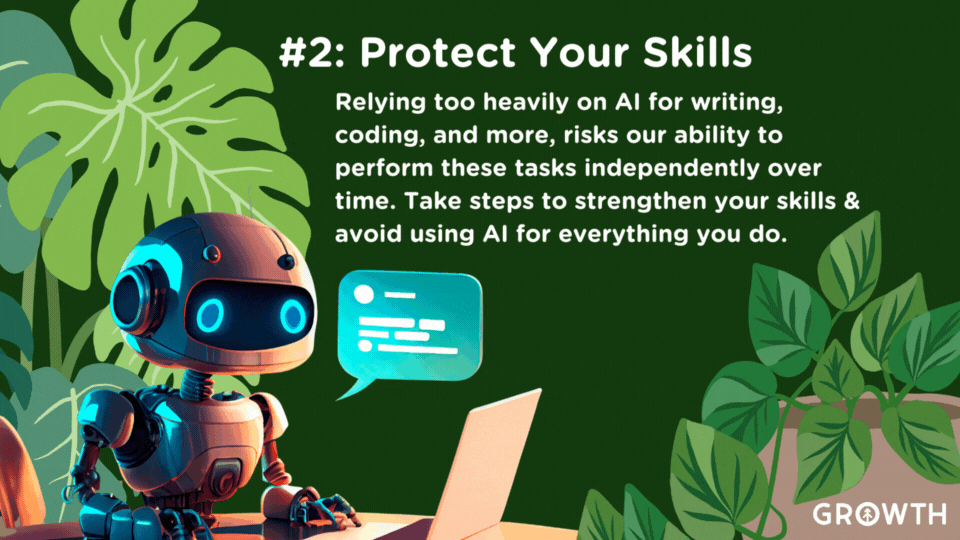
Generative AI models like ChatGPT have the potential to significantly exacerbate the "Google Effect" or digital amnesia if we don't take deliberate steps to avoid it.
Digital amnesia refers to our tendency to forget information that can be easily accessed or retrieved digitally, like from a quick Google search or, in this case, asking ChatGPT.
With AI taking over tasks like writing, coding, and more, there's a risk that we might rely too heavily on these tools and, as a result, lose our ability to perform these tasks independently.
Just as we might forget trivia because we know we can simply Google it, we might forget how to craft a compelling piece of writing or solve a complex problem because we know an AI tool can do it for us.
Therefore, while these AI tools can be incredibly helpful, it's important to use them mindfully, ensuring they serve as aids to our skills and knowledge rather than replacements.
3. Tips for Staying Sharp While Using ChatGPT
.gif?width=960&height=540&name=ChatGPT%20Best%20Practices%20(3).gif)
Generative AI tools like ChatGPT can be highly beneficial, but it's important to use them in a way that supports our skills and knowledge instead of replacing them.
Because spoiler alert: they will if we’re not careful.
Here are five strategies to avoid digital amnesia while still making use of these powerful tools:
1. Regular Practice
Make sure to regularly practice the skills you're using AI to assist with.
If you're using AI to generate writing, take time to write on your own to keep your skills sharp and to make sure you don't rely too heavily on the AI.
2. Active Engagement
When using AI to generate content, don't just accept what it produces passively.
Engage actively with the content, fact-check it, edit it, and refine the material. This helps you maintain a strong understanding of the subject matter as well.
3. Continual Learning
Generative AI tools can produce content on a vast array of topics, some of which you may know little about.
Use this as an opportunity for learning.
Research unfamiliar topics and concepts that AI brings up to expand your own knowledge base.
Ask questions of ChatGPT to learn more about something you don’t understand in the same way you’d raise your hand in class if you need more information from a teacher.
But, be aware that it wasn't trained on information, tools, or concepts that came into being after 2021 (and it's not always right - which is an opportunity to practice your critical thinking skills).
4. Teach the AI
You may not realize it, but generative AI learns from the prompts and guidance you give it during the specific chat session. It levels up every time you use it.
The more specific and knowledgeable your prompts, the better the output for that session (though it does not retain data or information from one chat to another, so you'll need to teach it again for another chat session).
This requires you to have a deep understanding of the topic at hand, which can encourage you to keep learning and growing.
5. Mindful Usage
While it can be tempting to use AI tools as much as possible, given their efficiency, try to use them as sparingly as possible.
Consider whether using AI is the best approach for each task or if it might be an opportunity to use and improve your own skills instead.
4. Ensure Readability & Engagement
.gif?width=960&height=540&name=ChatGPT%20Best%20Practices%20(4).gif)
ChatGPT can generate impressively human-like text, but it's not perfect. In fact, most people who work with ChatGPT regularly can spot its writing anywhere: it uses passive language as a rule and tends to over-explain literally everything.
To make sure your audience doesn't start to snore and pop right off your blog or social content, always edit, fact-check, and add your personal touch to any output it provides. Make sure the output aligns with your own voice and is contextually true.
When you add your personality and style to the content generated by AI, it’s more readable and more likely to engage (and help) others.
5. The Uncertain Future Impact of AI
.gif?width=960&height=540&name=ChatGPT%20Best%20Practices%20(5).gif)
AI regulation is still largely uncharted territory.
The speed of AI development often outpaces the rate at which governments and organizations can establish comprehensive rules and policies, creating an environment of uncertainty.
This emphasizes the need for users to be cautious, responsible, and informed when using tools like ChatGPT.
Remember, the impact of AI on humans, the economy, and the future of work is still not understood.
As with any technological revolution (which is exactly what this tool is), there are potential benefits, like increased productivity and new job opportunities.
But it also presents challenges like job displacement due to automation and potential misuse of the technology.
It's important for society to engage in a continuous conversation about these issues to shape a future where AI is used responsibly and beneficially.
How We Use ChatGPT at Growth
At Growth, our team uses ChatGPT to streamline small, time-consuming tasks and processes in order to focus efforts on building and nurturing business relationships, creative problem-solving, and communication with our clients and within our growing team.
If you have questions about how to use ChatGPT and generative AI to help your teams become even more human (in the best possible sense) than before, just ask us.
Explore More Insights: Related Blog Posts
-
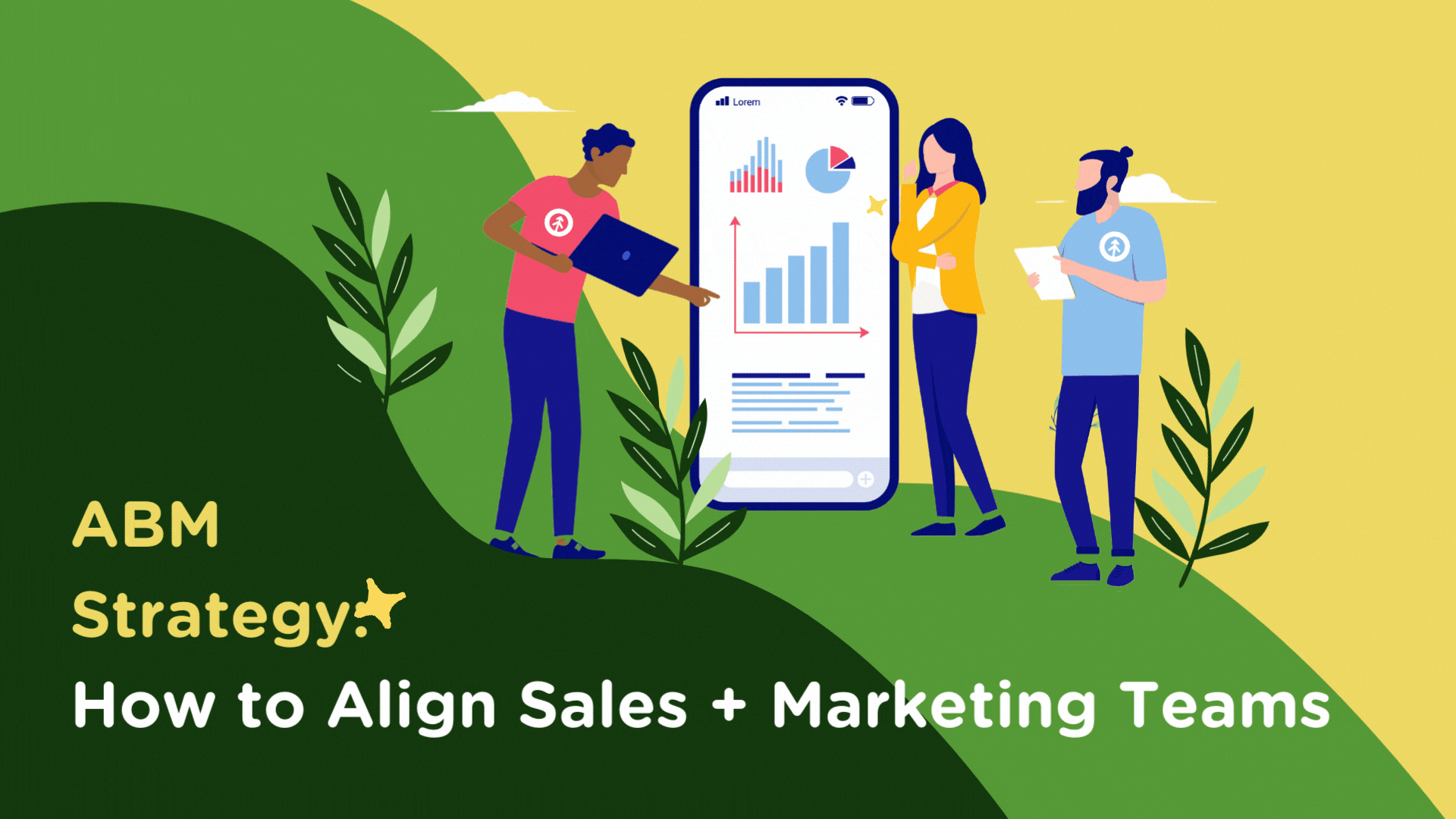 Sales EnablementFeb 13, 2023
Sales EnablementFeb 13, 2023 Growth Marketing Firm
Growth Marketing FirmABM Strategy: 3 Tips for Aligning Your Sales + Marketing Teams
Account-based marketing (ABM) is a growth strategy that helps sales and marketing teams collaborate on...
-
 Inbound MarketingMar 4, 2021
Inbound MarketingMar 4, 2021 Chris Nault
Chris NaultApple and Google Both Announce End of Target Marketing
Google and Apple have made huge announcements that have huge implications for marketers who rely on...
-
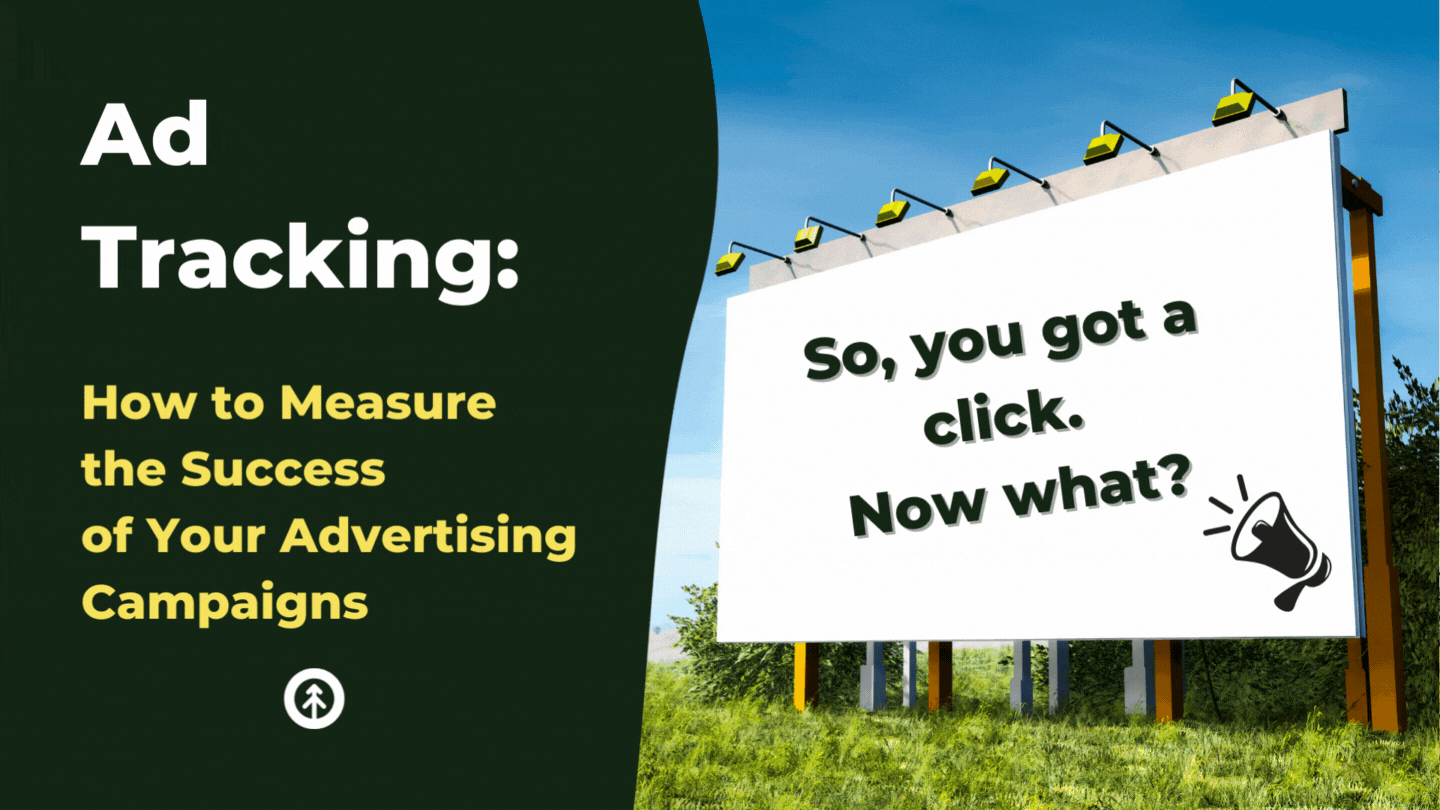 Marketing StrategyOct 4, 2022
Marketing StrategyOct 4, 2022 Growth Marketing Firm
Growth Marketing FirmAd Tracking: How to Measure the Success of Your Campaigns
So you got a click on one of your digital ads. Now what? Ad tracking, that’s what.
-
 Marketing StrategyJun 27, 2023
Marketing StrategyJun 27, 2023 Growth Marketing Firm
Growth Marketing FirmHow to Mitigate AI Bias in Sales & Marketing
Artificial intelligence (AI) has literally revolutionized the business landscape almost overnight -...
-
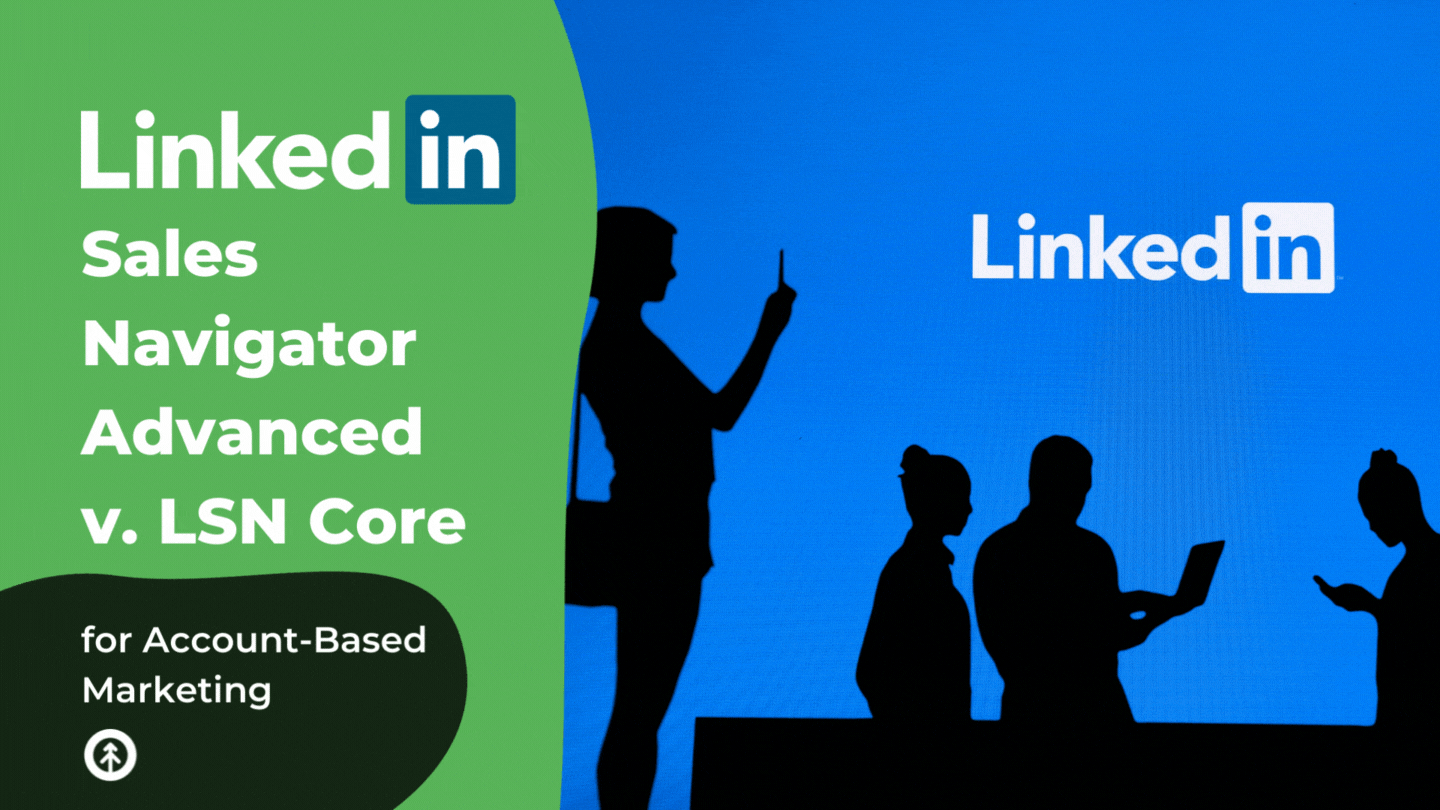 HubSpotSep 13, 2022
HubSpotSep 13, 2022 Growth Marketing Firm
Growth Marketing FirmABM Strategy: Choose LinkedIn Sales Navigator Advanced Over LSN Core
To start and maintain a truly robust and effective Account-Based Marketing strategy, you have to bring some...
-
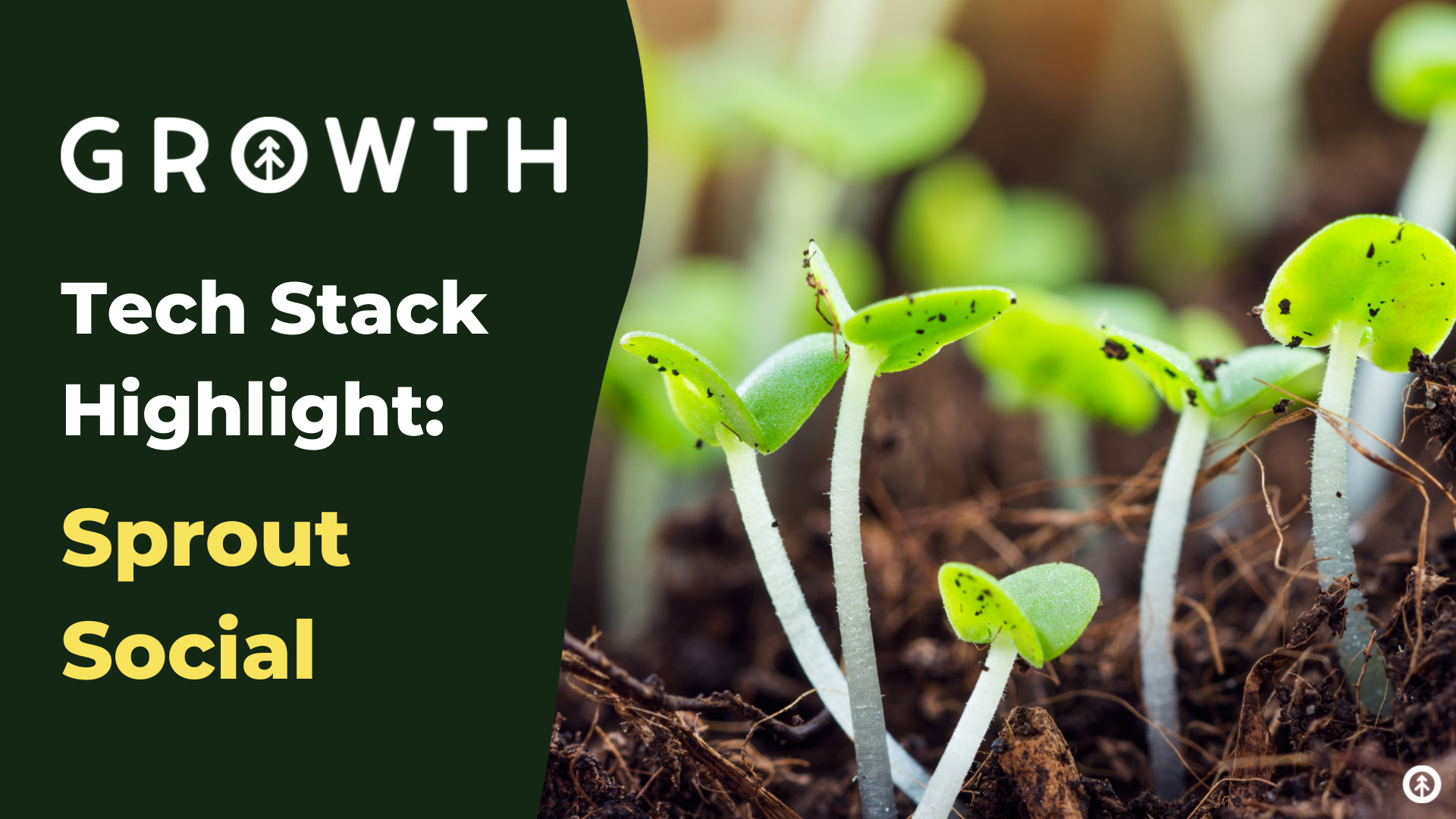 Social MediaJun 20, 2022
Social MediaJun 20, 2022 Growth Marketing Firm
Growth Marketing FirmGrowth Tech Stack Highlight: Sprout Social
As of June 2022, there are 3.96 billion active social media users globally, and a great deal of that isn’t...
-
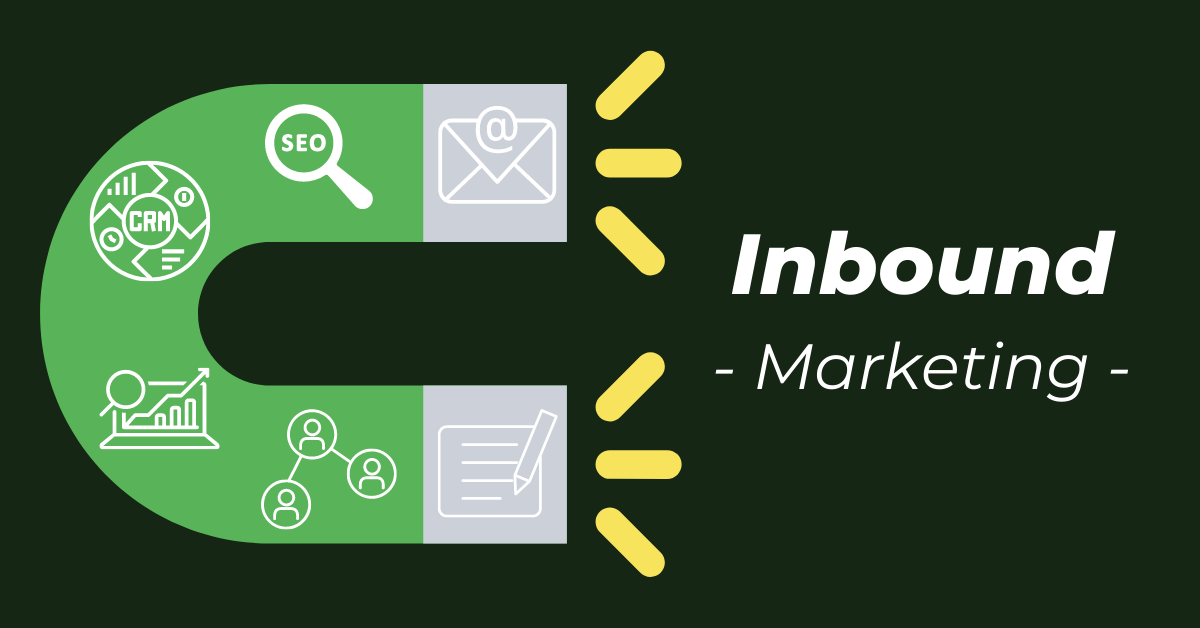 Inbound MarketingMar 4, 2021
Inbound MarketingMar 4, 2021 Growth Marketing Firm
Growth Marketing FirmHow to Leverage Inbound Marketing to Build Relationships
(Updated March 31, 2022) Inbound marketing is not just a buzzword; it's a battle-tested marketing methodology...
-
 CopywritingFeb 9, 2023
CopywritingFeb 9, 2023 Growth Marketing Firm
Growth Marketing FirmA Copywriter's Conversation about ChatGPT with ChatGPT
Hey! I’m the copywriter at Growth, and I’ve been playing with (and seriously thinking about) AI language...
-
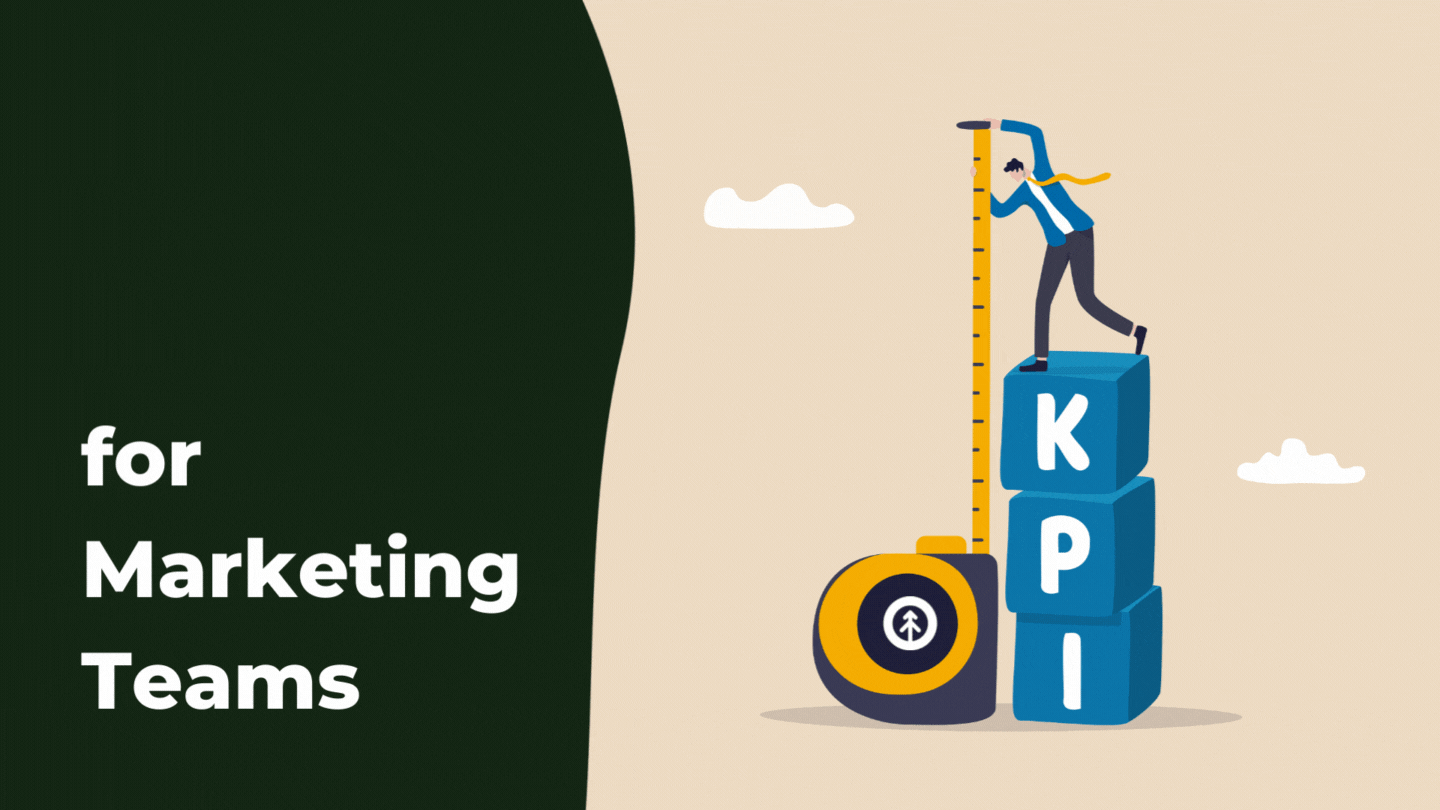 Inbound MarketingSep 9, 2022
Inbound MarketingSep 9, 2022 Growth Marketing Firm
Growth Marketing FirmTop 14 KPIs for Marketing Teams
The best key performance indicators (or KPIs) derive from aligning data with your business goals. Analysis of...
